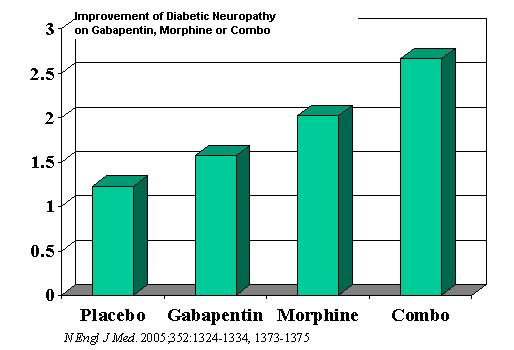Hypnosis helps chronic pain and should be part of a chronic pain program, if not managed by mindfulness meditation.
BMC Musculoskelet Disord. 2008 Sep 18;9(1):124. Hypnosis as a treatment of chronic widespread pain in general practice. A randomized controlled pilot trial. Groendahl JR, Rosvold EO abstract
Lots of case studies but finally a randomized control trail. Trust them to not match up the groups properly though. Control group had a pain level equivalent to 3.72/10 while the hypnosis group started with a pain level 5.15/10. Now, a far as I can tell, that difference is usually exponential – not linear. So 5.15 is a whole lot worse than 3.72. Having said that, they were able to improve the hypnosis group while the other group deteriorated.

Comment – If one considered that the control deteriorated, the improvement could be considered 1.8/10. This fits with my finding that many pain treatment measures seem to help by 2/10. – Opioids 2-3/10; gabapentin/lyrica – ditto. I do alot of muscle work and can, for a period, reduce pains by 2/10. Combinations do seem to have a synergistic effect – certainly with gabapentin and morphine though the former had only marginal effect in the study in question:
Morphine, Gabapentin, or Their Combination for Neuropathic Pain
Ian Gilron, M.D. N engl j med 352;13 march 31, 2005; 1324-1334

“[morphine]..45.3±3.9 mg as a single agent, as compared with 34.4±2.6 mg of morphine in the gabapentin– morphine combination (P<0.05). The mean maximal tolerated dose of gabapentin (Fig. 2C) was 2207±89 mg as a single agent, as compared with 1705±83 mg in the combination”
[I always felt the minimum dose for gabapentin was 2400 mg which might explain why gabapentin was not much better than placebo alone. I have some people on 3600 and have heard of some using much more.]
Hopefully, more people will realize that a combo of opioids, antidepressants and/or anti-convulsants, joint and muscle work, hypnosis, and cognitive- behavioural work could make chronic pain livable.
Only gripe I have is that one has NO protection doing hypnosis. Any patient who is mentally unstable can lodge and complaint and you have no recourse but to take it without complaining. With the passing of Dr. Bromley in Regina, I do not know of any doctor who is willing to take that risk – including me – as much as I would like to do hypnosis. I have been lucky enough to get the help of meditation expert in a select number of cases.
I would be interested in experiences with hypnosis and chronic pain
�

My name is Michael Ellner.
I teach a Pain Relief Educator certification program for the International Medical and Dental Hypnotherapy Association. This training teaches non-licensed hypnosis professionals to work as an adjunct to frontline health care professionals in clinical and hospital settings.
Instead of hypnotizing your patients in conventional ways, a certified pain relief educator teaches your patients mind/body approaches to taking the suffering out of their chronic pain using guided self-hypnosis, meditation and focused attention training.
FYI – My guided self-help program for IBS has been endorsed by the American Academy of Pain Management and is easily applied to other functional disorders like FMS and CFS.
I am a Nurse Anesthetist as well as a Certified Hypnosis Instructor with the NGH (National Guild of Hypnosis), I work a lot with people with chronic pain and help them to get relief and let go of the “suffering”.
It does take practice, and one has to teach people how to apply the techniques themselves when they are not in the office. Even if we as hypnotherapists, can help our clients cut in half the amount of medication they are taking we are helping to improve the quality of their lives. The least we can do a hypnotists is help them to get some good sleep which is so essential to how they feel the next day and everyday.
One must remember that, pain is perceived in the brain!
I am a chronic pain sufferer and have been since 1990. I do agree with you that it is often a combination of many therapies that help a patient learn to manage their pain. My motto is whatever works and does no harm is a good thing. As president of the Chronic Pain Association of Canada we try tp provide information on all possible options so people can make informed decisions on their treatment plan.If you have info on meditation or sources of practitioners who will teach hypnosis I would be very appreciative. Thanks,Heather Divine